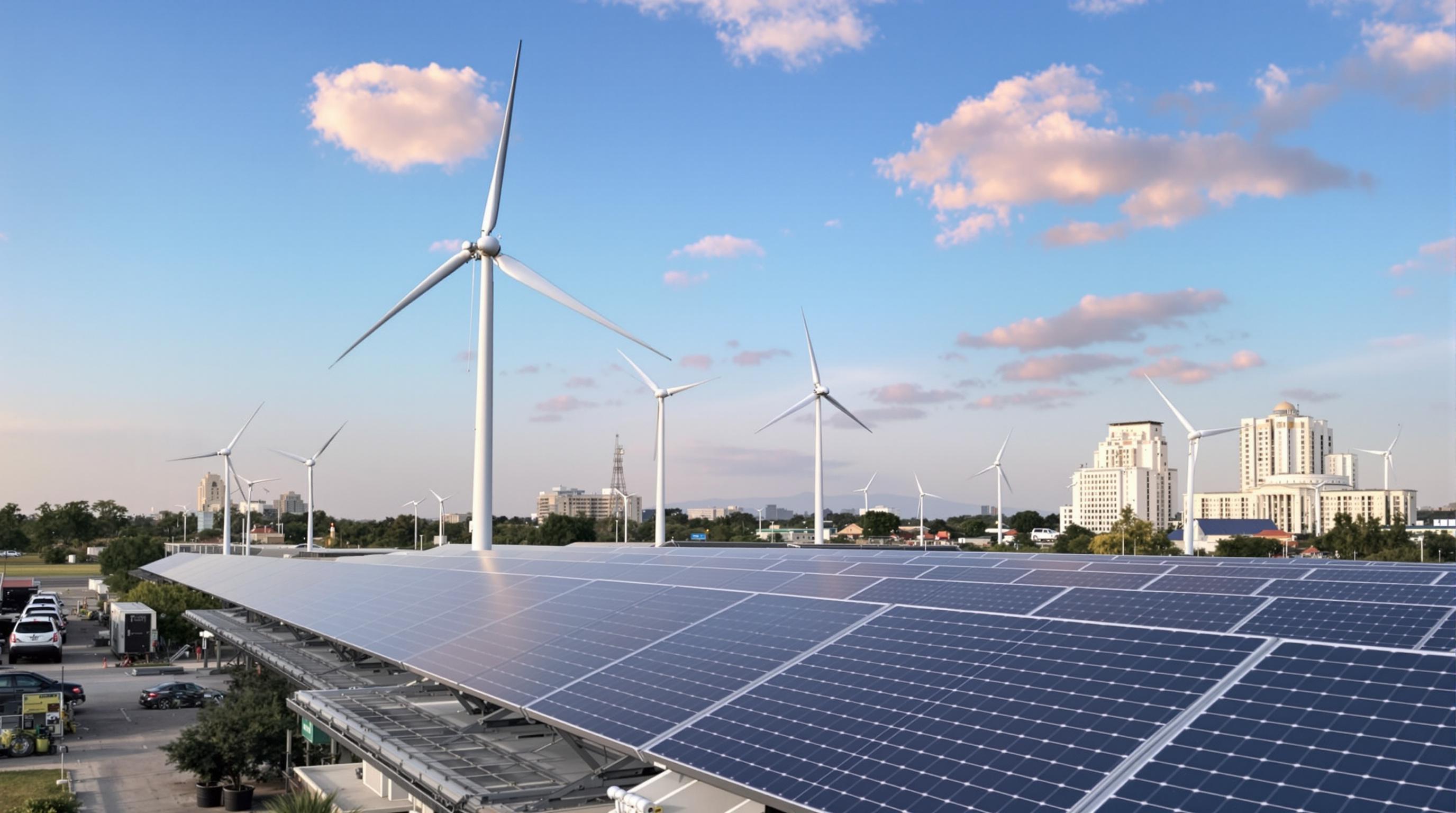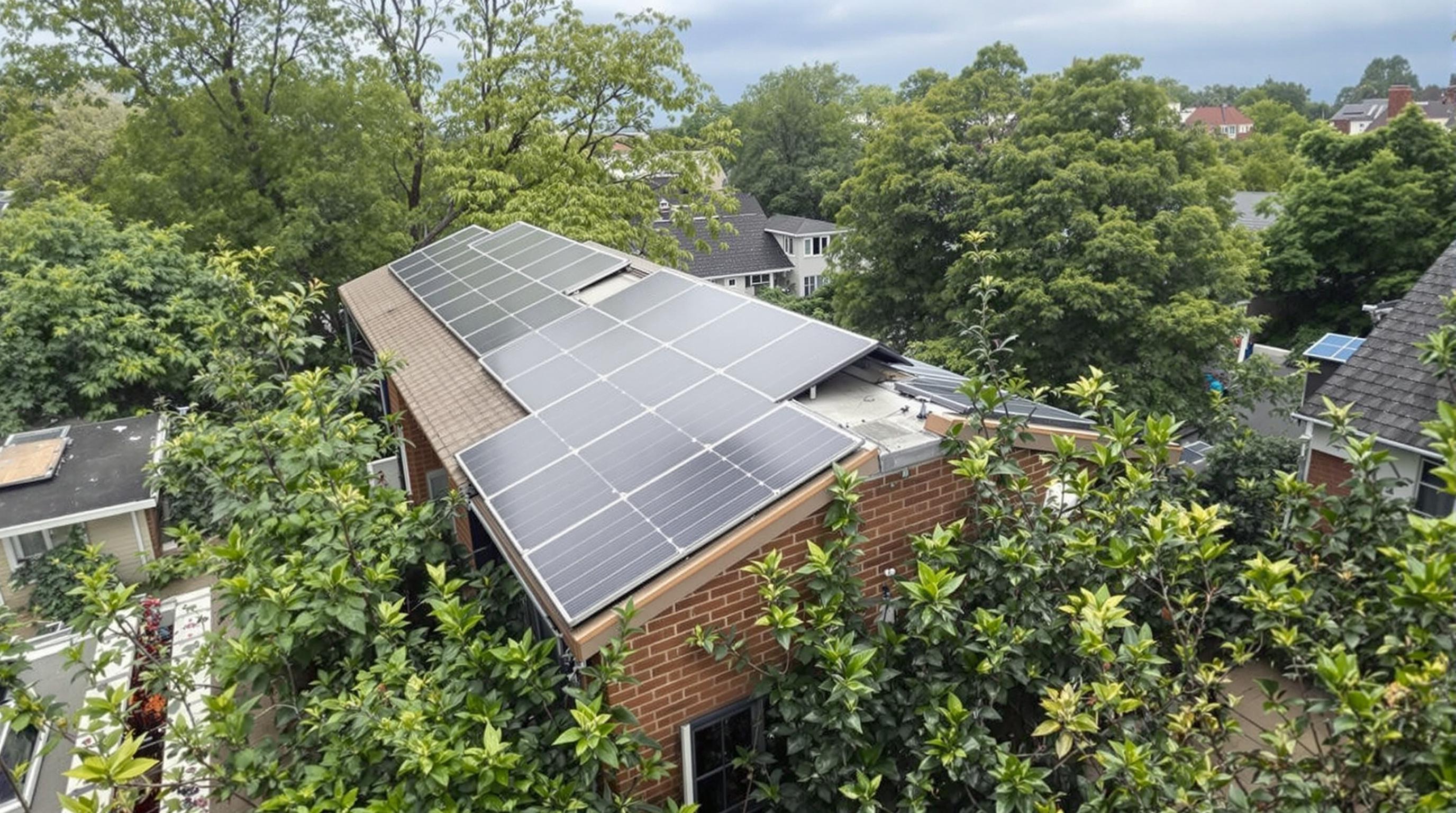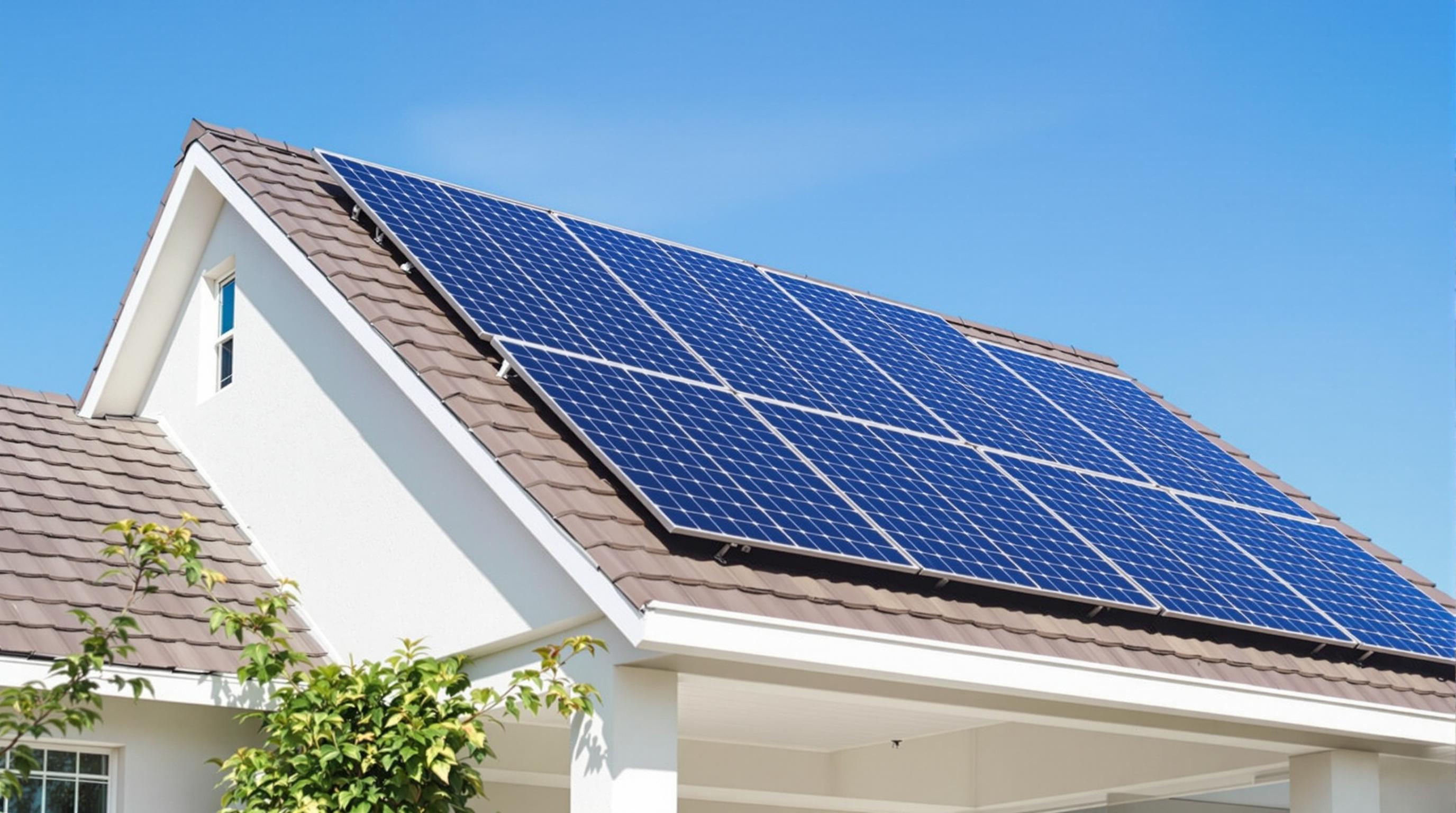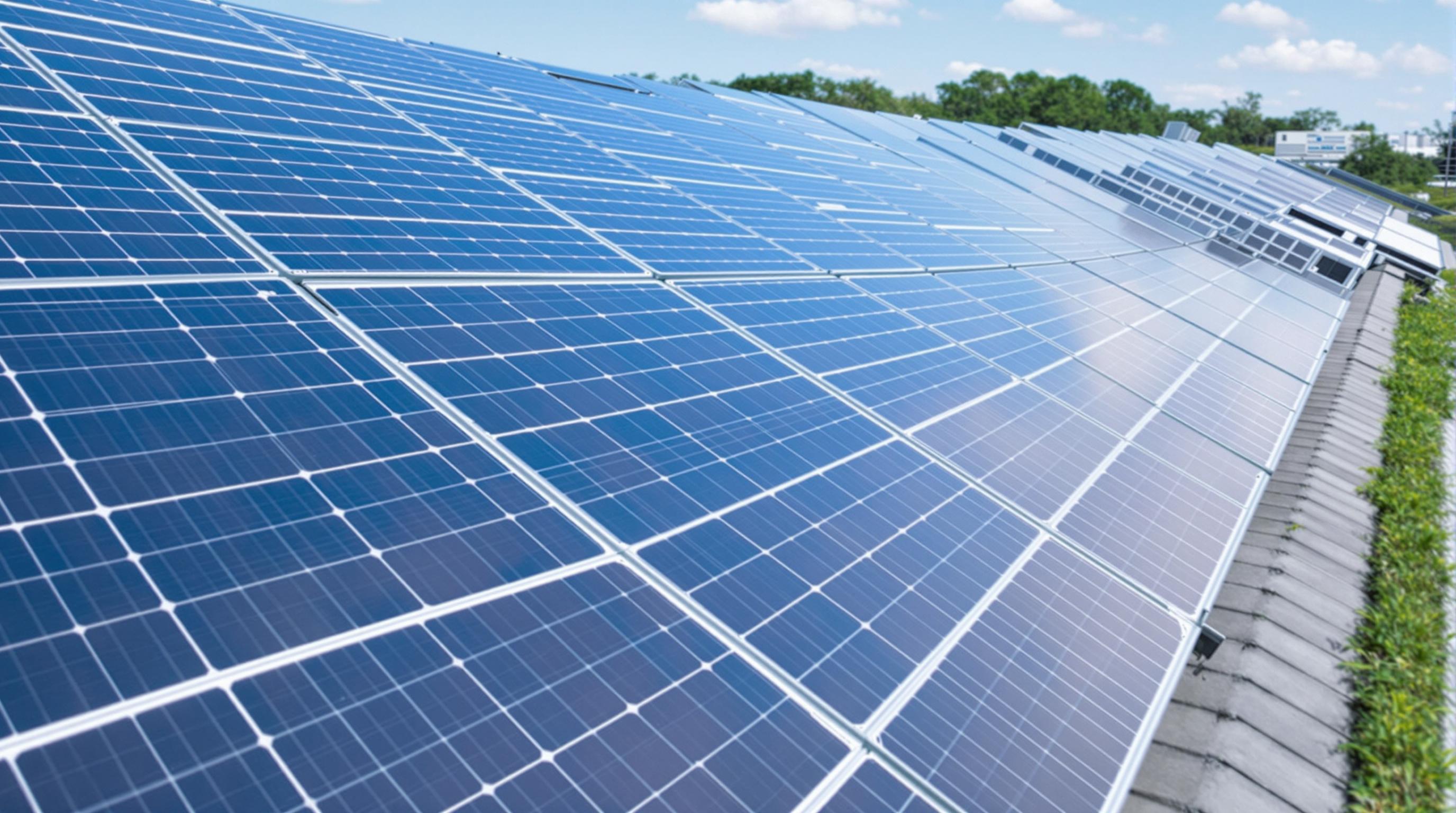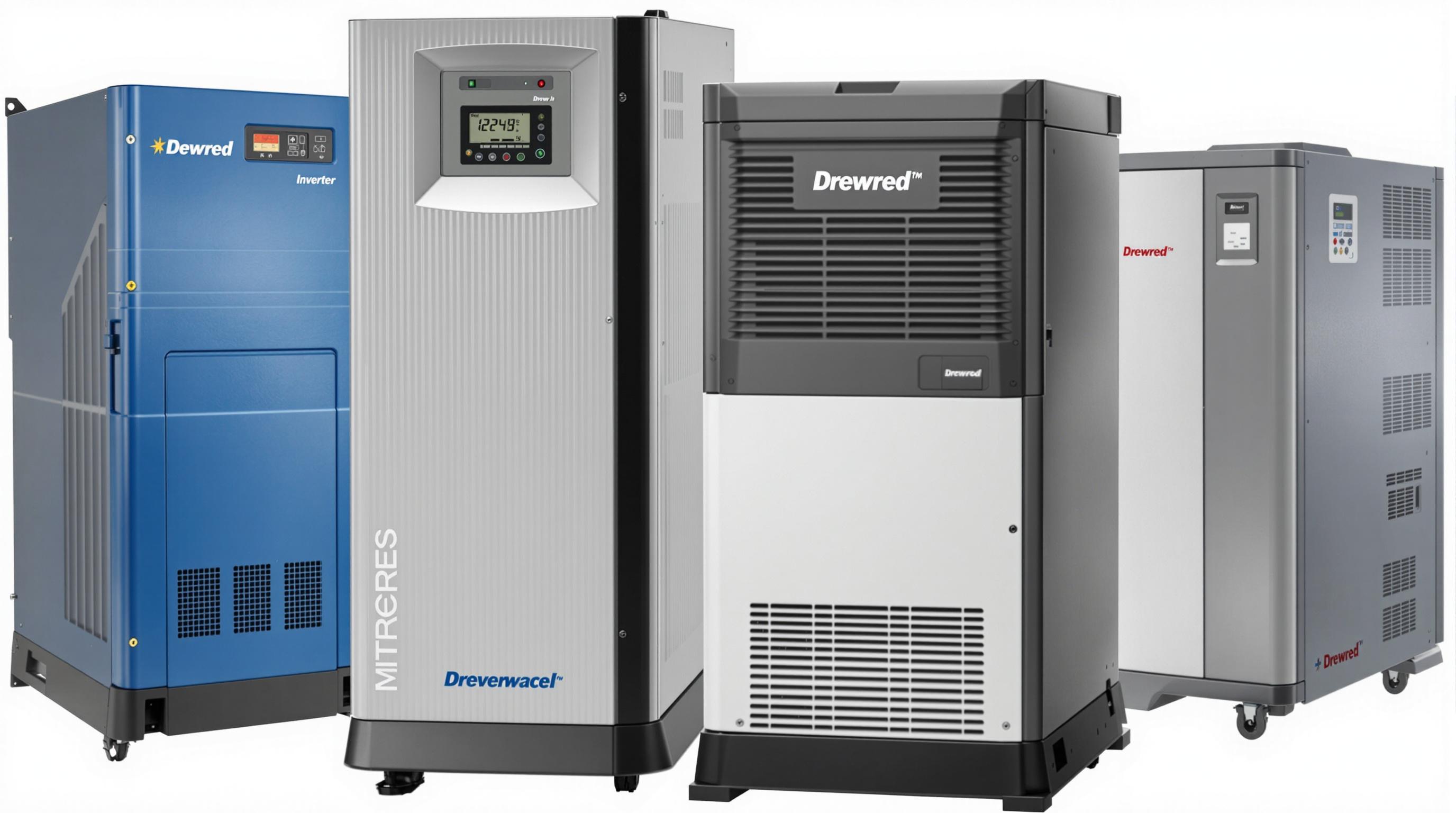Related Articles
- 6 Revolutionary Solar Panel Cleaning Robots Since 2019 Rated for Efficiency and Contractor Appeal
- How Unexpected Weather Patterns Are Shaping Homeowner Choices in Solar Installation Partnerships
- How Solar Inverter Noise Pollution Affects Urban Wildlife and What Manufacturers Are Overlooking
- How Solar Inverters Influence Home Resale Value and What Buyers Rarely Consider Before Purchase
- How Microclimates Secretly Shape Solar Energy Output in Unexpected Urban and Rural Landscapes
- The Quiet Role of Microclimates in Shaping Solar Harvesting Outcomes Beyond Conventional Efficiency Measures
9 Cutting-Edge Solar Inverters Revolutionizing Urban Microgrids with Advanced AI Monitoring Features
9 Cutting-Edge Solar Inverters Revolutionizing Urban Microgrids with Advanced AI Monitoring Features
9 Cutting-Edge Solar Inverters Revolutionizing Urban Microgrids with Advanced AI Monitoring Features
Introduction to Urban Microgrids and Solar Inverters
Urban microgrids are rapidly evolving as the backbone of sustainable city infrastructure. These localized energy systems allow neighborhoods, businesses, and communities to generate and manage electricity independently from the traditional grid. At the heart of this transformation are solar inverters—devices that convert DC power from solar panels into usable AC electricity.
With technological advancement, modern solar inverters are no longer standalone converters; they are intelligent hubs equipped with advanced AI monitoring capabilities. This evolution has unlocked unprecedented efficiencies and reliability, enabling urban microgrids to thrive amidst increasing energy demands and environmental challenges.
This article explores nine cutting-edge solar inverters that are pioneering this revolution. Their AI-integrated monitoring systems facilitate real-time performance analytics, predictive maintenance, and adaptive energy management, proving essential for the future of urban energy resilience.
1. SolarEdge StorEdge with AI-Powered Optimization
SolarEdge’s StorEdge inverter line incorporates AI algorithms designed to maximize energy harvest from solar installations. By analyzing shading patterns, weather forecasts, and historical data, the system intelligently adjusts operations to optimize output.
Its AI monitoring platform continuously tracks inverter health and performance metrics, predicting possible faults before they occur. This proactive approach reduces downtime and maintenance costs, critical for urban microgrids that demand uninterrupted power.
Additionally, StorEdge seamlessly integrates with battery storage systems, enhancing energy reliability and usage during peak hours, thus aligning with smart city energy goals. (Source: SolarEdge Technologies)
2. Enphase IQ8 with Autonomous Microgrid Mode
Enphase’s IQ8 microinverters introduce a paradigm shift by enabling seamless grid-agnostic operation. Their advanced AI facilitates an autonomous microgrid mode, where solar panels continue supplying power even during grid outages.
The AI-driven monitoring system provides real-time diagnostics and energy flow analytics, empowering users and managers with granular control over consumption and production. Such features are indispensable in dense urban environments prone to power fluctuations.
The IQ8’s modular architecture promotes scalability and resilience, allowing microgrids to evolve organically with the growth of urban communities. (Source: Enphase Energy)
3. SMA Sunny Boy Storage with Predictive Maintenance AI
SMA’s Sunny Boy Storage inverters leverage sophisticated AI to perform predictive maintenance on solar microgrid systems. By analyzing operational parameters continuously, the inverter forecasts component degradation, scheduling timely interventions.
This capability is pivotal in urban settings where maintenance windows are constrained. Early fault detection avoids costly emergencies and prolongs equipment lifespan.
Moreover, Sunny Boy Storage supports multi-layered data encryption and cybersecurity features, safeguarding urban energy assets from emerging digital threats. (Source: SMA Solar Technology)
4. Huawei FusionSolar Smart Inverter with AI Fault Detection
Huawei's FusionSolar series integrates AI fault detection, which swiftly identifies anomalies within urban solar arrays. This technology dramatically reduces response times, ensuring continuous energy supply in high-density areas.
Its cloud-connected platform offers centralized monitoring, allowing city managers to oversee multiple microgrids collectively. This real-time visibility fosters collaborative energy management strategies across urban districts.
Furthermore, Huawei’s AI tools analyze energy consumption trends, enabling dynamic load balancing that flattens peak demand curves and reduces strain on the main grid. (Source: Huawei Technologies)
5. Fronius Symo GEN24 Plus with Integrated AI Analytics
The Fronius Symo GEN24 Plus stands out with its integrated AI analytics that optimize energy yield while providing actionable insights. The system’s smart data processing identifies inefficiencies and proposes corrective measures automatically.
It supports hybrid setups combining solar, batteries, and grid supplies, making it ideal for multifaceted urban microgrids. AI-enhanced visualization dashboards provide end-users and operators with intuitive control.
By enabling predictive load management, the Symo GEN24 Plus aids in minimizing energy costs and carbon footprints, aligning with urban sustainability initiatives. (Source: Fronius International)
6. ABB UNO-DM-PLUS with Machine Learning Diagnostics
ABB’s UNO-DM-PLUS inverter employs machine learning-based diagnostics to continually refine its performance under changing urban conditions. The AI adapts to variable solar irradiance, temperature, and load patterns to sustain maximum efficiency.
Its embedded AI modules generate comprehensive health reports accessible remotely, facilitating prompt decision-making for urban energy operators.
This inverter’s compact design makes it suitable for space-constrained urban rooftop installations, merging advanced technology with pragmatic city planning. (Source: ABB Group)
7. Ginlong Solis RHI Series with AI Grid Support Features
Ginlong’s Solis RHI series integrates AI-driven grid support functions such as reactive power control and voltage stabilization, critical for maintaining microgrid stability within volatile urban electrical networks.
The system automatically responds to grid conditions to prevent disruptions and optimize energy flow at the community scale.
Through continuous AI learning, the inverter adapts to evolving urban grid infrastructures, supporting future-proof microgrid deployments. (Source: Ginlong Technologies)
8. Sungrow SG110CX with AI-Enabled Cybersecurity
Sungrow’s SG110CX inverter incorporates AI systems not only for energy optimization but also for robust cybersecurity. With urban microgrids becoming interconnected, protecting digital infrastructure is crucial.
The AI monitors network traffic and detects suspicious behavior, preventing cyberattacks that could jeopardize microgrid operations.
This dual focus on performance and security makes the SG110CX a trusted option for modern urban microgrid deployments. (Source: Sungrow Power Supply Co.)
9. Delta M70A with AI-Enhanced Energy Forecasting
Delta’s M70A inverter utilizes AI-enhanced energy forecasting to predict solar generation and consumption accurately. This forecasting enables microgrid operators to optimize storage charging and discharging schedules.
By anticipating fluctuations, the system reduces reliance on external grid power, supporting autonomous energy communities in urban settings.
The M70A’s AI interface offers intuitive controls and personalized reporting, empowering both technical and nontechnical stakeholders. (Source: Delta Electronics)
Conclusion: The Future of AI-Driven Solar Inverters in Urban Microgrids
The integration of advanced AI monitoring features within solar inverters marks a pivotal development in urban microgrid technology. These intelligent devices transcend traditional roles by offering proactive management, predictive maintenance, and adaptive energy control.
As urban centers strive for sustainability and resilience, the nine highlighted solar inverters embody innovation that addresses complexity with simplicity and efficiency.
By embracing such AI-enhanced solutions, cities can unlock new potentials in renewable energy utilization, fostering smarter, greener, and more reliable urban power systems.
